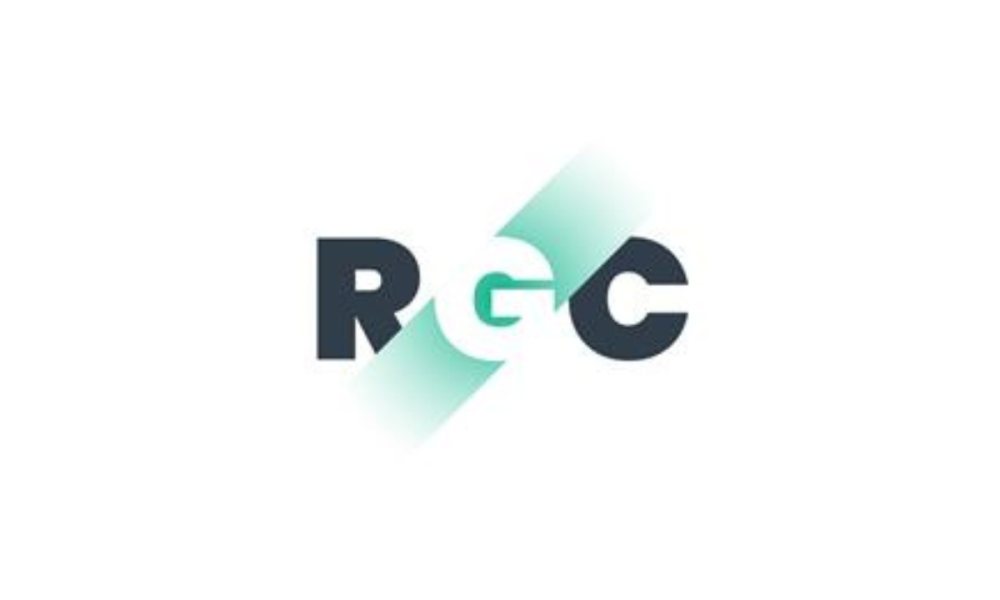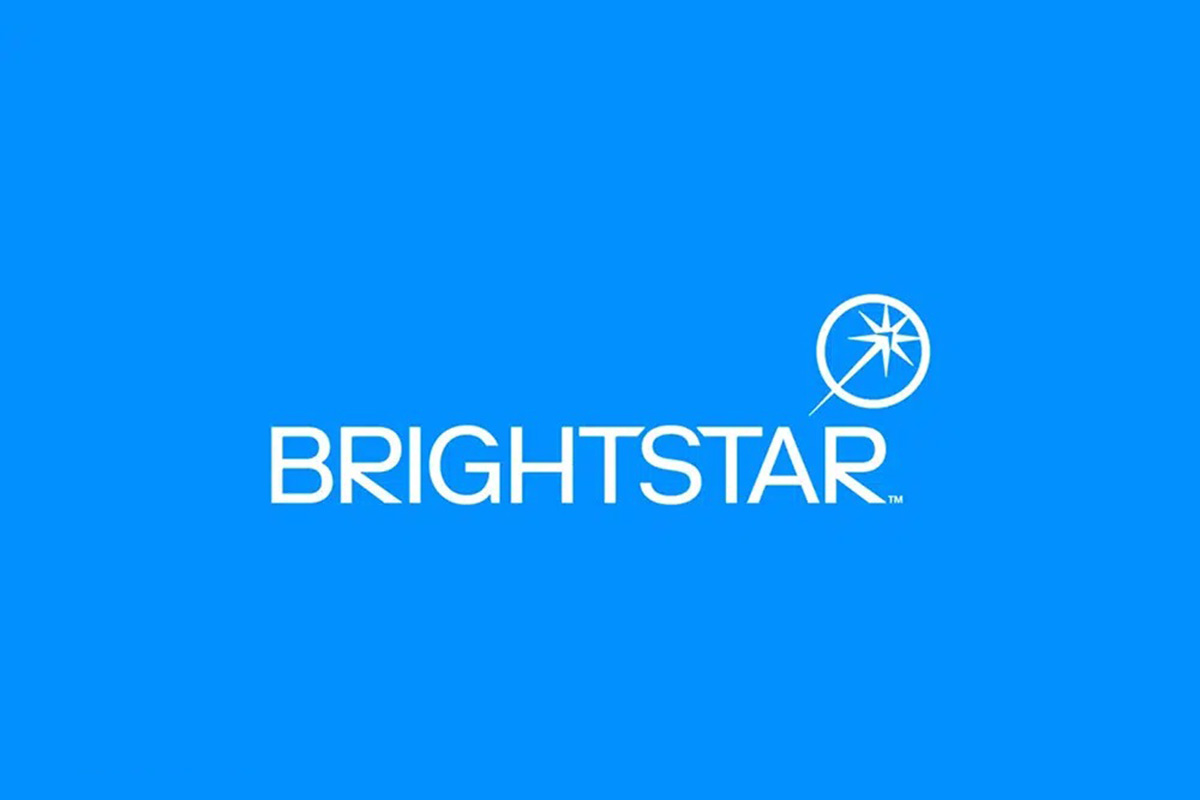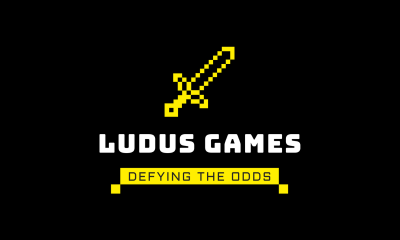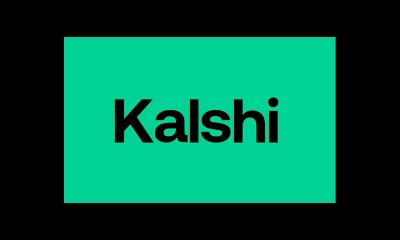Canada
Majority of Ontarians wagering on Super Bowl LVIII to bet online

A new survey from the Responsible Gambling Council (RGC) shows that four in ten Ontario sports bettors (41 per cent) will place a wager on Super Bowl LVIII. Of all who plan to bet on the big game, the vast majority (80 per cent) will do so online.
The survey found most online bettors use multiple sportsbook platforms when placing bets; 85 per cent use up to three, and 15 per cent use four or more. Over half (58 per cent) will check to see if a sportsbook website is regulated.
Over half (54 per cent) of those who bet on the Super Bowl say their main reason to bet is to add to the excitement of the game. Over a quarter (28 per cent) bet because family or friends are betting and more than half (56 per cent) of respondents say they tend to bet more than usual when watching with these relations. This jumps to two thirds of younger bettors (69 per cent of those aged 18-34) and is highest amongst those who bet on sports regularly (81 per cent).
Three-quarters (74 per cent) of Ontario adults who bet believe their sports knowledge gives them an edge in predicting outcomes. This jumps to almost 9 in 10 (85 per cent) of those who bet on sports regularly. The misconception that one can accurately predict an outcome can lead to over confidence and the illusion of control. This false belief can increase risk, influencing some to bet more than they can afford to lose.
Additional risk is associated with the consumption of substances that can impair judgement and decision-making. Almost three-quarters of those who bet (72 per cent) plan to consume alcohol, cannabis, or other substances during the Super Bowl. Two fifths (42 per cent) tend to bet more when they partake.
Staying Onside
While many Ontarians will be placing bets, the majority (78 per cent) of Super Bowl bettors have at least one strategy to manage their gambling risk. The most common strategies include determining a pre-set betting limit (36 per cent), betting to have fun and not to make money (25 per cent), and not betting more to recoup losses (18 per cent). Paying attention to mood and state of mind, two fifths (22 per cent) commit to never betting while intoxicated and a fifth won’t bet if they’re feeling depressed or anxious (17 per cent).
The good news is all regulated sports book websites have responsible gambling features, but they vary from site to site. Of those surveyed, two fifths (38 per cent) read online information about the odds of winning and how certain games work. Those watching the Super Bowl are most likely to use money limit-setting tools (38 per cent) or take a cooling off period (27 per cent).
“With most of Ontario’s Super Bowl betting happening online, it’s encouraging to see the majority of bettors using responsible gambling features on regulated sports book websites,” says Shelley White, CEO, Responsible Gambling Council. “Whether betting on or offline, perceived knowledge of the game, being with friends and family, and substance use can all influence how we play. Staying within a pre-set limit and not risking more than you can afford to lose is always a good game plan.”
How Ontarians plan to bet on the Super Bowl
While most betting on the Super Bowl will place a single bet on the outcome of the game (64 per cent), a third (36 per cent) will bet multiple times throughout the game, and a quarter (25 per cent) will bet multiple times by using several sportsbook websites.
44 per cent will bet online with a sportsbook website
44 per cent will bet with friends
27 per cent will buy sport-based lottery tickets
23 per cent will bet in a pool
How much Ontario Super Bowl bettors plan to wager
50 per cent say they will bet less than $50
42 per cent say they will bet between $51 and $250
6 per cent say they will bet more than $250
RGC tips for safer sports betting
Be mindful of the illusion of control and remember that even with expertise or knowledge of a sport or online game, you can’t predict the unexpected.
Be aware that time spent, and knowledge gained won’t help you “beat the odds”.
Plan before you play – pre-set betting limits and stay within your budget.
Only gamble with money you can afford to lose – never borrow money or use money intended for necessities, like rent/mortgage or food.
Never chase losses by trying to win back what you’ve lost.
Limit your alcohol and/or cannabis intake.
Don’t bet if you are upset or stressed.
View sports betting as entertainment, not a way to make money.
To learn how to keep your play safer visit Gambling is Random.
Methodology
An online survey of 1,002 Ontario residents aged 18+ was completed between January 12-14, 2024, using Leger’s online panel. A probability sample of the same size would yield a margin of error of +/-3.1%, 19 times out of 20.
Brightstar Lottery PLC
Brightstar Lottery Delivers Industry-Leading Sales Force Automation Solution to Ontario Lottery and Gaming Corporation

Brightstar Lottery PLC announced that it has deployed its Sales Wizard salesforce automation tool to the Ontario Lottery and Gaming Corporation (OLG). Brightstar’s powerful, cloud-based Sales Wizard easily integrates with OLG’s central system and equips sales representatives with actionable insights and compelling data to identify lottery retail opportunities and make every retail visit more effective.
“Brightstar’s Sales Wizard is enabling OLG’s sales force with digital access to actionable data while unlocking operational efficiencies so that our sales representatives can make the best use of every retail visit. Sales Wizard is highly configurable so OLG can leverage this product in a variety of ways to meet our evolving business needs,” said Vanessa Theoret, OLG Sr. Director Retail Sales & Account Management.
“OLG joins 24 other lotteries in using Brightstar’s Sales Wizard to help responsibly grow sales. Sales Wizard was designed to be a flexible, convenient tool for lottery sales representatives to work strategically with retailers, providing data, reports, and insights to understand sales trends and optimize as needed,” said Scott Gunn, Brightstar Chief Operating Officer North America Lottery.
Sales Wizard is the industry-leading sales force automation tool that provides sales teams with timely, relevant information and is available in user-friendly mobile apps for greater efficiency in the field. Currently supporting more than 148,000 retailers globally, Sales Wizard provides data and insights on sales, instant ticket inventory, instant ticket facings, point-of-sale equipment and signage, and much more.
Brightstar serves nearly 90 lottery customers and their players on six continents.
The post Brightstar Lottery Delivers Industry-Leading Sales Force Automation Solution to Ontario Lottery and Gaming Corporation appeared first on Americas iGaming & Sports Betting News.
Canada
ComeOn Launches New Marketing Campaign in Ontario

ComeOn Group has launched its new marketing campaign in Ontario. The campaign underscores ComeOn Group’s long-term commitment to sustainable expansion – powered by ComeOn’s proprietary technology and a clear focus on delivering standout, personalized entertainment experiences at scale.
Since entering Ontario in 2022 with its licensed online casino offering, ComeOn Group has steadily built its presence in one of North America’s most competitive regulated markets. In late 2024, the Group reached a major strategic milestone with the launch of its full proprietary sportsbook in the province, expanding its product portfolio and strengthening its position as a full-suite iGaming operator.
The addition of sportsbook enables ComeOn to offer both casino and sports betting within a unified entertainment ecosystem. This expansion aligns with the Group’s broader global strategy to accelerate sportsbook growth, leveraging its in-house platform, trading capabilities, and risk management expertise to scale efficiently across regulated jurisdictions.
To support this next phase of growth in Ontario, ComeOn Group has shifted to an independent media planning model, activating a bold, high-frequency presence across Linear TV, Connected TV (CTV), and Digital channels. This approach reflects the Group’s product-led philosophy- pairing increased brand visibility with a seamless, personalized player journey powered by a robust, in-house technology stack built for performance and scale.
At the centre of the campaign is a series of premium television commercials starring Jeremy Piven, a long-standing ComeOn brand ambassador. Piven’s high-energy presence and authentic connection to sports reinforce the brand’s entertainment-first positioning, bringing ComeOn’s sportsbook experience to life across TV and digital. Produced by ComeOn Group’s internal creative hub, the campaign provides a cohesive creative platform that clearly differentiates the brand in a crowded market.
Efi Peleg, Chief Commercial Officer at ComeOn Group, said: “Ontario is a critical and highly competitive market for us. By shifting to independent media planning and activating a true 360-degree marketing mix, we’re not just increasing awareness – we’re demonstrating the strength of our proprietary platform and our ability to deliver a superior, personalised player experience. Our headline campaign, led by Jeremy Piven, brings our entertainment-first proposition to life and reflects our broader strategy of driving sustainable growth in key regulated markets through differentiated products and data-driven execution.”
The post ComeOn Launches New Marketing Campaign in Ontario appeared first on Americas iGaming & Sports Betting News.
Brooke Hilton Head of Casino at PointsBet Canada
Ezugi and PointsBet join forces to bring expanded live gaming to Ontario

Ezugi is excited to unveil a new collaboration with PointsBet, a leading iGaming operator in Canada.
As a division of Evolution since 2018, Ezugi keeps enhancing its foothold in the live gaming sector. This partnership will see Ezugi’s localized and unique live-dealer games incorporated into PointsBet’s online casino in Ontario through Evolution’s One Stop Shop (OSS) platform.
Established in Australia in 2015 and later branching into North America, PointsBet has quickly emerged as one of Ontario’s most rapidly expanding iGaming companies. Known for its cutting-edge sportsbook and growing casino offerings, PointsBet is committed to delivering an outstanding player experience, prioritizing Responsible Gaming to create a safe and secure space for every user.
Through this partnership, PointsBet Ontario customers will access Ezugi’s innovative live casino offerings, which include popular games like Canada Blackjack, EZ Baccarat, and Ultimate Roulette. These titles effortlessly integrate reliable, real-time live gaming with engaging digital elements that greatly attract North American players.
Brooke Hilton, Head of Casino at PointsBet Canada, said: “We’re excited to partner with Ezugi to bring their innovative live-dealer games to our Ontario players. This integration via Evolution’s platform enhances our casino offerings with dynamic, localised titles like Canada Blackjack and Ultimate Roulette, ensuring a premium, responsible gaming experience that aligns with our commitment to player safety and enjoyment.”
James Smith, Commercial Strategy Manager at Ezugi, said: “We are thrilled to team up with PointsBet in Ontario. We recognise Ontario as a key growth region and this partnership with a top tier operator marks an important step in our mission to bring Ezugi’s unique & exciting live casino content to the forefront for players in North America.”
The post Ezugi and PointsBet join forces to bring expanded live gaming to Ontario appeared first on Americas iGaming & Sports Betting News.
-

 Games Global6 days ago
Games Global6 days agoGames Global and Stormcraft Studios extend the supernatural franchise with Immortal Romance: Sarah’s Secret Power Combo
-
Latest News6 days ago
N1 Partners Hosts the N1 Puzzle Promo Grand Final and Reveals the Helicopter Winner at iGB Affiliate 2026 in Barcelona
-

 Amusnet6 days ago
Amusnet6 days agoWeek 4/2026 slot games releases
-

 ADG7 days ago
ADG7 days agoArizona Department of Gaming Names Juan Carlos Estrada as Boxing and Mixed Martial Arts Executive Director
-

 Anthony Dalla-Giacoma Chief Commercial Officer at Swintt7 days ago
Anthony Dalla-Giacoma Chief Commercial Officer at Swintt7 days agoSwintt Cruises the River of Fortune in Sun Wind Cash Boat
-

 Anton Ivannikov CPO at Playson7 days ago
Anton Ivannikov CPO at Playson7 days agoPlayson’s Vegas Glitz Shines with Dual Bonus Features
-

 Battle Royale7 days ago
Battle Royale7 days agoPrime Rush Goes Live in Early Access, Bringing a Brazil-First Mobile Battle Royale to Players
-

 Attorney General Andrea Joy Campbell7 days ago
Attorney General Andrea Joy Campbell7 days agoAG Campbell Secures Court Order That Will Block Kalshi from Offering Unlawful Sports Wagers in Massachusetts





























